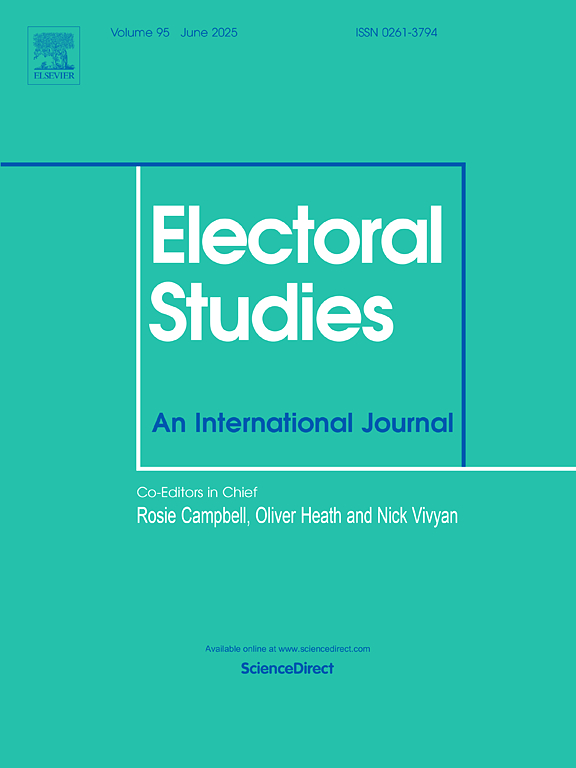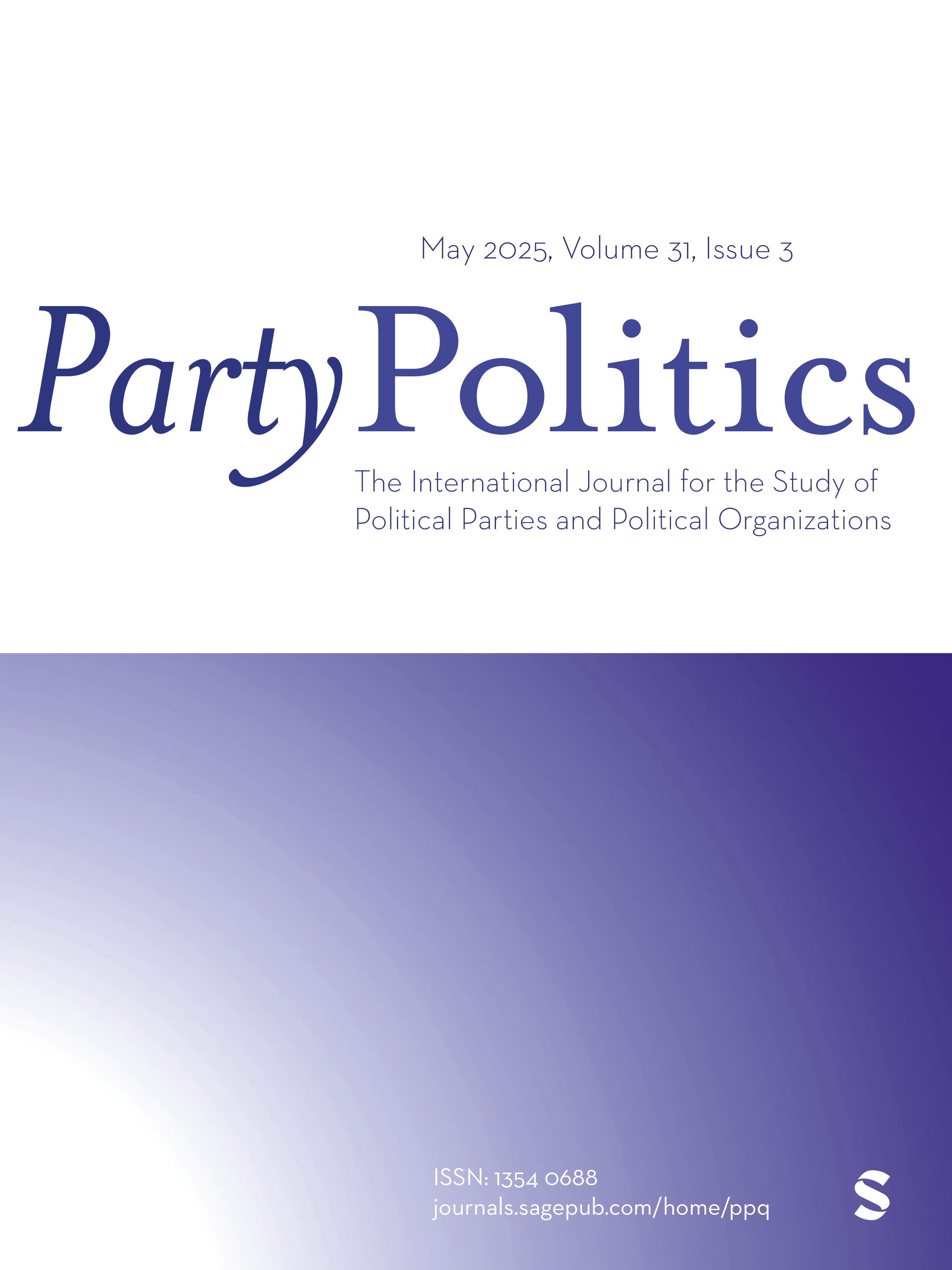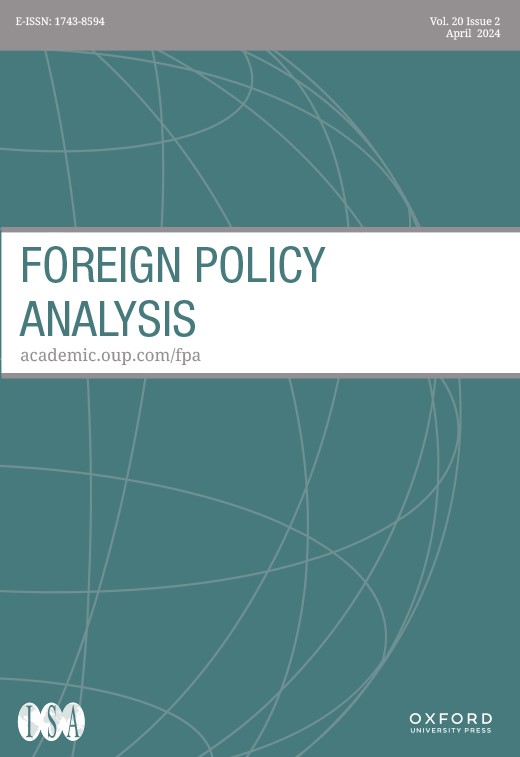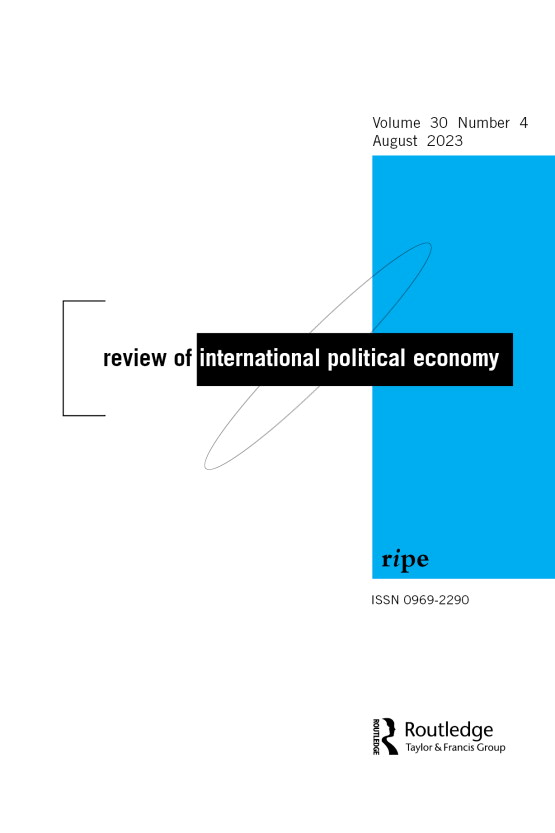Publications
2025
-
 ’And some, I assume, are good people’: Determinants of elites’ strategic discourse about immigrants and refugeesJoão V. Guedes-Neto and Alex HonekerElectoral Studies, 2025
’And some, I assume, are good people’: Determinants of elites’ strategic discourse about immigrants and refugeesJoão V. Guedes-Neto and Alex HonekerElectoral Studies, 2025Using computational text analysis of US representatives’ tweets during the 2020 election campaign, we examine how geographic representation–specifically, the demographic characteristics of districts–moderate rhetoric about immigrants and refugees. While Republicans are overall more negative toward immigrants than Democrats (but not toward refugees), when it comes to salience, Democrats show strategic communication tailored to the ethnic composition of their districts. In districts that are predominantly non-Hispanic, whiter, and more rural, Democratic representatives reduce the salience of immigrants and refugees in their messages, while increasing it as the share of the Hispanic population rises. This strategic use of salience is not observed in Republican legislators’ tweets. We also find that while Democrats use the terms “immigrant” and “refugee” interchangeably when discussing migrants from the southern border, Republicans’ greater positivity toward refugees responds, in part, to using the term for potential Hong Kong refugees, likely deemed as more deserving of protection. These findings highlight elites’ strategic messaging on immigration and how legislators navigate intraparty politics to satisfy the preferences of their party and constituents.
@article{GuedesNeto_Honeker_2025, title = {'And some, I assume, are good people': Determinants of elites’ strategic discourse about immigrants and refugees}, author = {Guedes-Neto, João V. and Honeker, Alex}, journal = {Electoral Studies}, volume = {96}, number = {}, pages = {}, year = {2025}, publisher = {Elsevier}, doi = {https://doi.org/10.1016/j.electstud.2025.102952}, url = {https://www.sciencedirect.com/science/article/pii/S0261379425000587}, dimensions = {true}, } -
 This land is our land: Radical right parties and the environmental issue in EuropeAlex Honeker and Jae-Jae SpoonParty Politics, 2025
This land is our land: Radical right parties and the environmental issue in EuropeAlex Honeker and Jae-Jae SpoonParty Politics, 2025Recent research has demonstrated that non-mainstream parties are expanding their issue emphasis beyond their owned issues. In this article, we expand this research to understand radical right parties’ environmental issue emphasis and what explains this increasing emphasis. We argue that radical right parties engage in a two-pronged strategy of responsiveness and differentiation on the environment. In response to green parties’ and the public’s increase in environmental salience and green parties’ polling success, radical right parties increase their emphasis on both the environment more generally and on environmental chauvinism, a particular nationalist brand of environmentalism. We demonstrate this using Twitter/X data from radical right parties in Western Europe from 2019 to 2021. These findings have important implications for understanding issue evolution and party competition in the changing party systems of Europe.
@article{HonekerSpoon2025, title = {This land is our land: Radical right parties and the environmental issue in Europe}, author = {Honeker, Alex and Spoon, Jae-Jae}, journal = {Party Politics}, volume = {}, number = {}, pages = {}, year = {2025}, publisher = {Sage}, doi = {10.1177/13540688251347882}, url = {https://journals.sagepub.com/doi/10.1177/13540688251347882}, dimensions = {true}, }
2024
-
 Do Parties Matter? Party Positions and European Voters’ Attitudes Toward Economic and Political GlobalizationAlex HonekerForeign Policy Analysis, 2024
Do Parties Matter? Party Positions and European Voters’ Attitudes Toward Economic and Political GlobalizationAlex HonekerForeign Policy Analysis, 2024To what extent do party positions influence voters’ attitudes toward the economic and political aspects of globalization? Initially an issue following a left-right dimension of conflict, globalization increasingly divides mainstream from nonmainstream parties. In this study, I argue that parties help citizens form opinions on globalization issues. I then use data on voters’ attitudes and party positions on globalization to test this supply-side theory of globalization attitudes on both economic and political dimensions. Holding demand-side factors such as economic self-interest and predispositions/values constant, I find that party positions strongly affect voters’ views on economic and political globalization, with the effect being similar to that of education. Moreover, I find that the effect of cues from left- and right-populist parties is much more negative than that of mainstream parties, replicating previous elite-level findings on the positioning of these party families. Finally, green party cues show conflicting results for the economic and political dimensions, with green cues affecting voters negatively on economic globalization but positively on political globalization. The findings in this study call for a deeper exploration of the supply-side determinants of globalization attitudes.
@article{Honeker2024, title = {Do Parties Matter? Party Positions and European Voters’ Attitudes Toward Economic and Political Globalization}, author = {Honeker, Alex}, journal = {Foreign Policy Analysis}, volume = {20}, number = {2}, pages = {}, year = {2024}, publisher = {Oxford University Press}, doi = {10.1093/fpa/orae002}, url = {https://doi.org/10.1093/fpa/orae002}, dimensions = {true}, }
2023
-
 Pro-trade nationalists and protectionist xenophobes? The conditional effects of psychological factors on trade attitudesAlex HonekerReview of International Political Economy, 2023
Pro-trade nationalists and protectionist xenophobes? The conditional effects of psychological factors on trade attitudesAlex HonekerReview of International Political Economy, 2023To what extent do psychological factors determine individuals’ support for trade? Previous studies find that predispositions such as nationalism, patriotism, xenophobia, and isolationism predict opposition to imports. However, it is unclear whether this relationship holds when trade is framed in ways other than imports and for international institutions (IIs) governing trade between countries. In this study, I use a cross-national dataset to test whether the relationship between psychological factors and trade/II attitudes is conditional on the frame used (imports vs. consumer choice vs. neutral), the dimension of trade (principle of free trade vs. IIs governing trade), and the level of political integration of trade-related IIs (deep vs. shallow). Controlling for self-interest factors and other covariates, I find that, while xenophobia consistently predicts protectionism regardless of the frame and dimension, and patriotism mostly predicts trade/II support, the effect of nationalism and isolationism highly depends on the frame used. Moreover, the negative effect of xenophobia and isolationism on support for trade-related IIs increases as they become deeper. The findings in this study call for a greater exploration on how the interaction between elite framing and psychological predispositions affects attitudes towards trade and other globalization issues.
@article{Honeker2023, title = {Pro-trade nationalists and protectionist xenophobes? The conditional effects of psychological factors on trade attitudes}, author = {Honeker, Alex}, journal = {Review of International Political Economy}, volume = {30}, number = {4}, pages = {1307--1333}, year = {2023}, publisher = {Routledge}, doi = {10.1080/09692290.2022.2097288}, url = {https://www.tandfonline.com/doi/full/10.1080/09692290.2022.2097288?scroll=top&needAccess=true}, dimensions = {true}, }